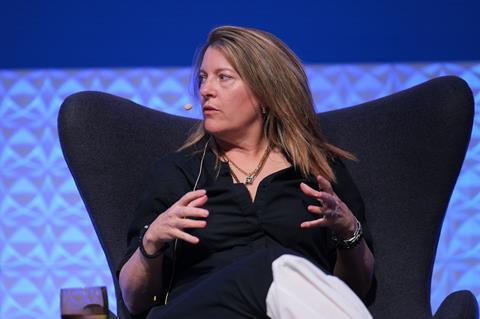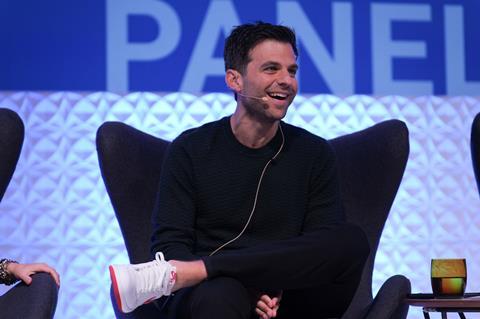Allowing shows to find new homes can deliver longer term rewards and help build franchises, execs suggest

Networks and streamers need to be open to relinquishing unscripted rights to support producers and generate future hits, replicating the scripted world’s success with shows such as Suits and catering to surging demand for franchises.
That was the opinion of an unscripted panel here at Realscreen in Miami, where the future of the squeezed unscripted sector has been under intense scrutiny.
Jenny Daly, president at Critical Content, said she wanted buyers to become more open to letting shows find new homes if a first season didn’t land as hoped, allowing producers to “reinvent” the IP for an alternative market.

“If I have a format, and let’s say it doesn’t live where it is past the first season, as an independent I’m thinking can I reinvent this? If it doesn’t look like there’ll be a second season then let’s be partners - frankly, let me hustle it.”
Daly, whose company is behind shows ranging from A&E’s recent launch New House No Debt to HGTV’s Who’s Afraid of a Cheap Old House, added: “It’s something I’m integrating into my deal-making now.
“There’s so much content it’s hard to get eyeballs, so if it doesn’t work with you let me try to make it work somewhere else because at the end end of the day, I care about my show more than any network does - of course I do.”
Brian Tannenbaum, head of originals at Roku Media, pointed to the resurgence of shows such as Suits, which found a new lease of life following its sale to Netflix, as an example of the benefits of such an approach.
“That was an NBC show that was on Peacock that then went onto Netflix and did amazingly well. The next thing you know, there’s Suits LA premiering on Peacock,” Tannenbaum said during the panel, which was moderated by BossaNova chief Paul Heaney.

Ninder Billing, vice president of unscripted international co-productions at A+E International, added that allowing such franchises to develop could also deliver long-term returns, particularly with buyers looking for lower risk series.
“The desire for formats and franchises has never been greater… audience tastes demand those things. And for broadcasters and platforms, the bankability and reliability of those programmes is important, that’s where you want to be.
“With limited series originals there is space, but finding a franchisable format that returns really is like gold dust.”
Distributors also have a growing role in developing new IP, added Donovan Chan, creative director at Beach House Pictures, and can “de-risk a project” through their involvement.
“If you haven’t found an anchor broadcaster then the distributor can provide real confidence that a show can go out and make money,” he said, adding that although his company is now part of Fremantle, he retains flexibility on where he takes projects.
“Sometimes you need to partner with other companies to bring other things to the table.
”I have to be flexible on de-risking my shows and who I speak to about them - fundamentally I am in the business of commercial IP, not arthouse. We need back end.”







No comments yet